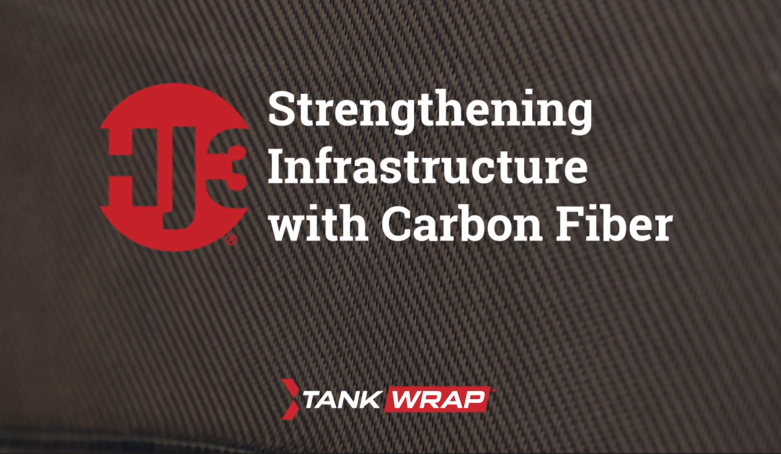Harris Park Railway Station Collapse Sparks Investigation and Accountability Concerns
Shortly before 6 p.m. on Sunday, June 30th, a partial landslide incident struck Sydney's Harris Park Railway Station, resulting in the disruption of rail tracks. Initial attributions pointed to heavy rainfall as the primary cause of the embankment wall failure. However, recent revelations from an internal RAILCORP report suggest that multiple preventable factors played a significant role in this unfortunate incident.
Several contributing factors behind the embankment's collapse include:
- Construction & Design Flaws: The embankment wall exceeded the original design specifications by nearly three feet, resulting in structural weaknesses.
- Poor Construction & Maintenance: The overall construction quality was deemed subpar, and the 30-year-old wall had not received adequate maintenance.
- Overgrown Vegetation: Unmanaged weeds and grass surrounding the wall compounded the problem.
- Improper Backfilling: The use of sand, rather than less absorbent materials like gravel, retained excess moisture, increasing the load on the embankment wall.
Many of these issues appeared to be unfortunate oversights during the wall's construction and maintenance. However, internal RAILCORP reports indicate that the dangers were recognized and reported as early as four years before the incident.
In particular, RAILCORP had a 2009 inspection report noting excessive vegetation, which was flagged as dangerous and in need of immediate removal. Subsequent inspections in 2012 revealed that no action had been taken to address the vegetation issue, and the wall displayed visible signs of unsoundness. These issues were categorized as low priority and deferred until a scheduled inspection four years later.
The collapse of the embankment occurred less than seven months after the last inspection, leading to disruptions but thankfully no injuries or fatalities. Nevertheless, the extensive debris removal process resulted in significant inconvenience for passengers and financial losses for RAILCORP.
The situation could have been mitigated with temporary measures to reinforce the embankment while addressing the underlying concerns.
Response to the Collapse
Howard Collins, Sydney Trains Chief Executive, disclosed that concerns about the embankment wall were raised in December 2012 when cracks appeared in the road above. However, the primary focus then was on identifying responsibility for road damage rather than the structural integrity of the wall. Collins emphasized the need for organizational changes to prevent such lapses in the future, ensuring that inspection reports don't simply accumulate in files without decisive actions.
As investigations continue, the incident underscores the importance of proactive infrastructure maintenance and safety measures to avert costly and potentially life-threatening accidents.



.png)
